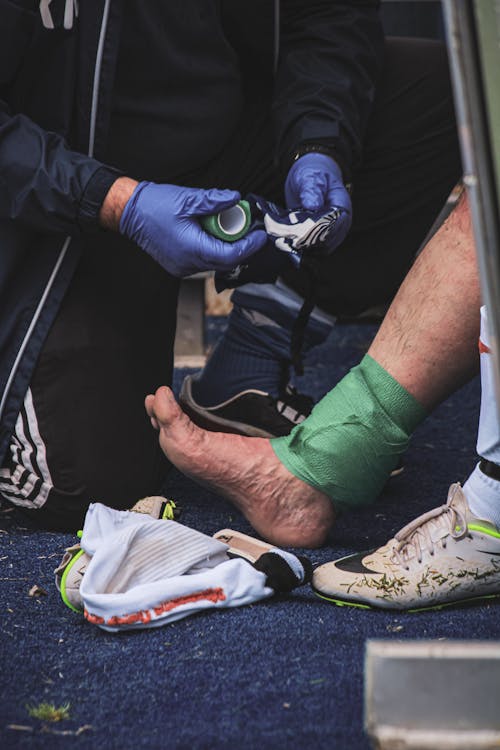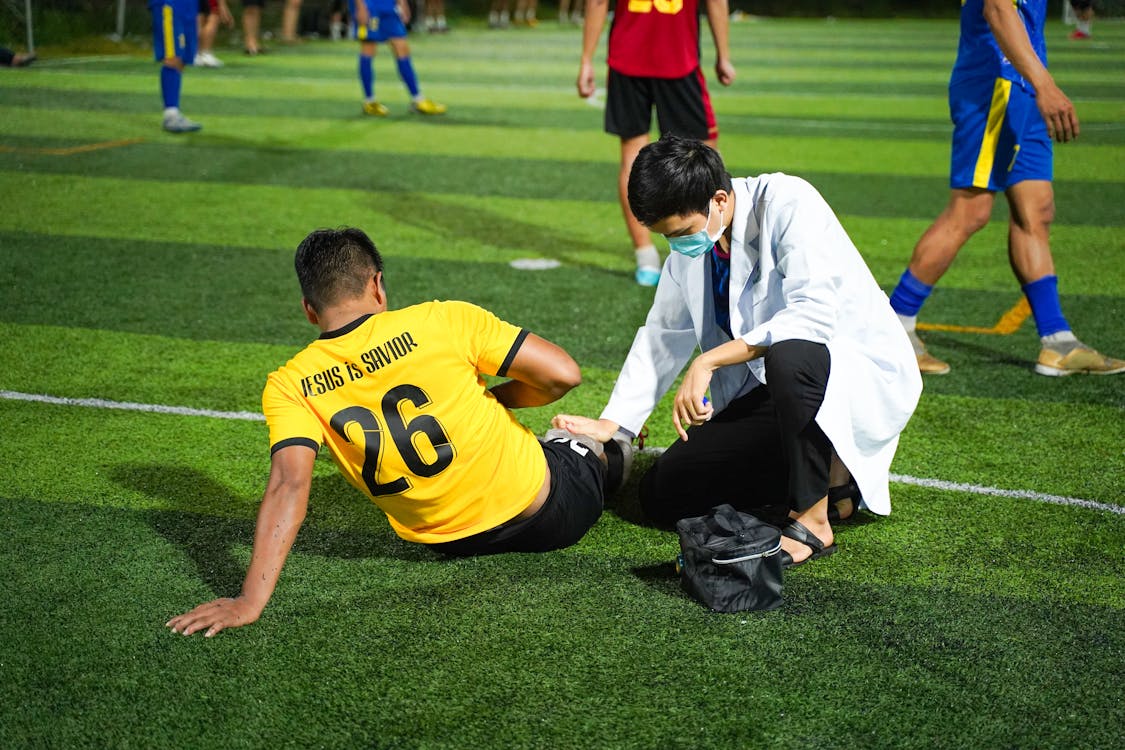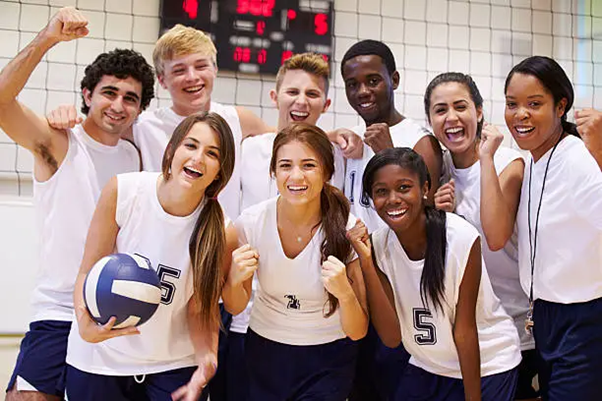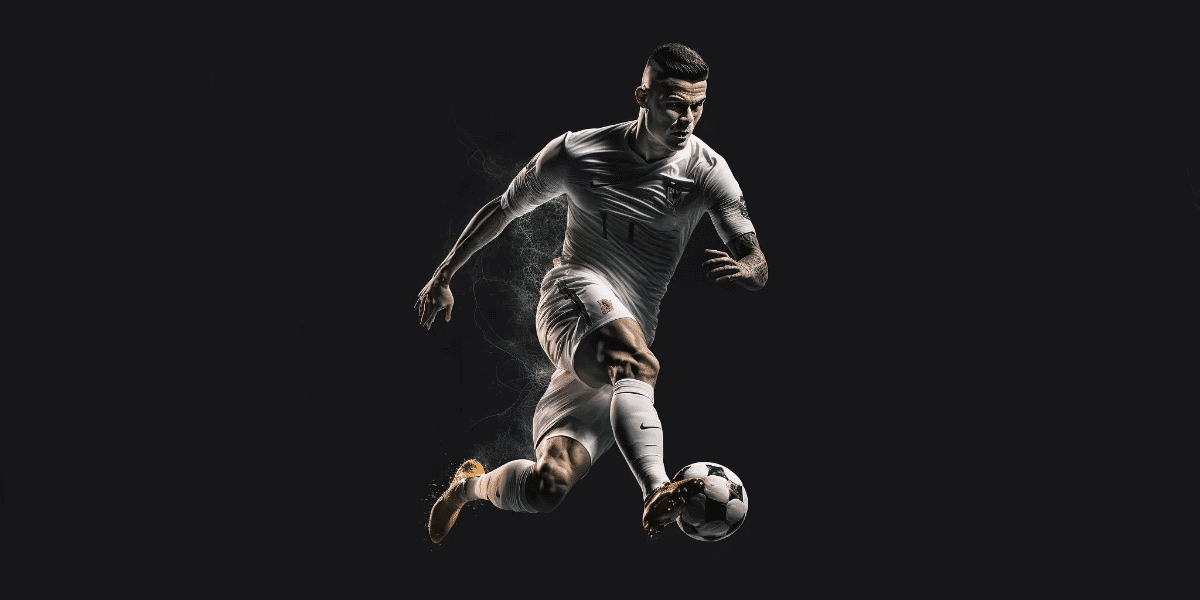Athletes, whether amateurs or professionals, must know how to take care of their bodies, especially their musculoskeletal system to prevent injuries and to boost their performance. Whichever category you fall into, there are techniques that can help support your recovery and keep your body in top condition.
Table of Contents
Understanding the Athlete’s Body
Athletes need to understand the function and ability of their body. Certain types of sports can be extremely demanding and exhausting to the body. However, recognizing the demands is crucial for performance improvement and prevention of potential injuries.
-
Physiological Demands
Each sport demands specific physical qualities. For instance, sprinters require explosive power, while endurance athletes rely on lasting stamina. Grasping these distinct demands helps tailor training routines to enhance the athlete’s skills according to the sport’s needs.
-
Parts of the Body Prone to Injuries
Certain body parts can be susceptible to harm due to the sport’s nature or repetitive movements. For example, players in contact sports like basketball or football face a higher risk of bone fractures, knee or ankle sprains, and head injuries. Swimmers are more likely to experience shoulder injuries. Recognizing these vulnerable body parts aids athletes and coaches in choosing precise exercises to strengthen these areas and taking precautions to minimize potential injuries.
-
Excessive Training and Insufficient Recovery
Not getting enough rest and recovery can harm the body. Overtraining raises the chance of fatigue, poor performance, and injuries. Sufficient rest enables the body to mend and rejuvenate damaged cells, adapting to the rigours of training. Striking a balance between intense training and proper rest guarantees well-being and better athletic performance.
Ways to Improve Performance and Lower Injury Risk

-
Rest and Recover
Training excessively will require you more time to rest and recover. Pushing yourself too hard or working out in the gym for long periods at a time can result in tiny tears in your muscles. However, giving it adequate time to heal can make your muscles stronger.
Cross-training, which involves performing a different activity every other day, allows your muscles to recover. Overtraining can prevent your muscles from functioning at their best, as well as put you at risk of muscle injury, such as strain. To effectively heal your muscles, get 7 to 9 hours of sleep every night.
-
Maintain Good Nutrition and Hydration
Athletes should focus on eating nourishing meals composed of whole foods such as fruits, veggies, lean protein, healthy fats, and whole grains. Make sure to consume sufficient protein, as it contains vital building blocks called amino acids that repair and construct muscle fibres. Inadequate protein intake can result in muscle breakdown and loss.
Staying properly hydrated by drinking water is crucial for the well-being of every cell in your body. Aim for drinking at least half of your body weight in ounces of water daily. If you engage in lengthy and intense workouts or exercise in extreme heat, you might require extra fluids and electrolytes like salt, potassium, and sugar.
-
Wear Custom Orthotics
Constant training can place high levels of stress on the feet, putting athletes at risk of injuries to feet, legs, and other body parts. Athletes, such as runners, soccer players, and football players, can benefit from wearing custom orthotics from Owen Sound foot care clinics to ensure proper foot support and biomechanics.
-
Incorporate Stretching
The topic of stretching often sparks discussions. Chiropractors in Waterloo recommend engaging in active or dynamic stretching, which mirrors the movements you will perform during your sport. By warming up and moving your muscles initially, you will decrease the risk of injury. Once your activity concludes, static stretching—where you hold stretches for a period—can be done safely. Stretching supports muscle recovery by boosting blood circulation to the area. It also aids in elongating muscle fibres and enhancing your range of motion, ultimately benefiting your performance.
-
Get Chiropractic Care
Various studies show that chiropractic care helps accelerate injury recovery without the need for pain medications or invasive surgery. A professional chiropractor in Cambridge offers personalized chiropractic care, including spinal adjustment, to correct postural imbalances and improve athletic performance.









